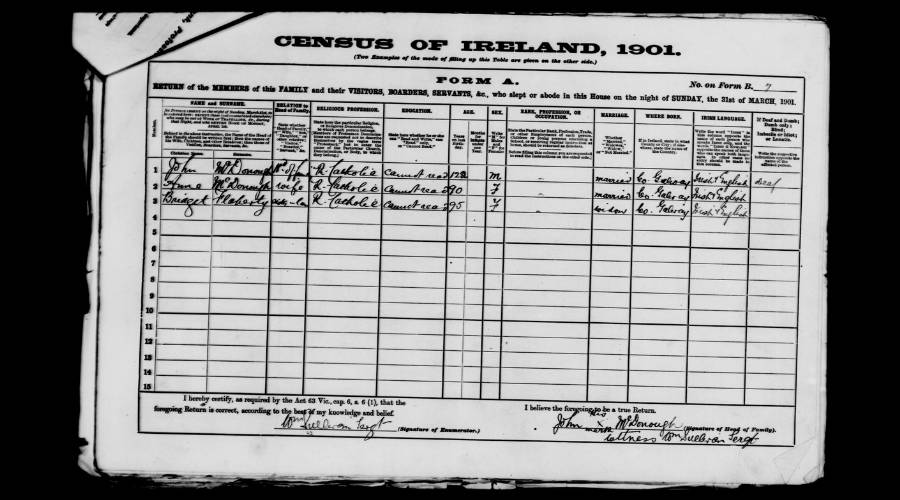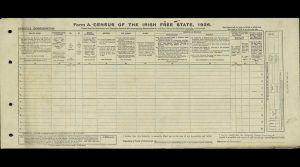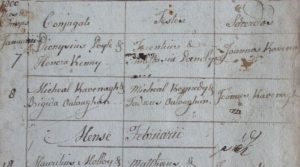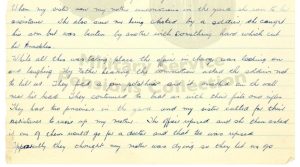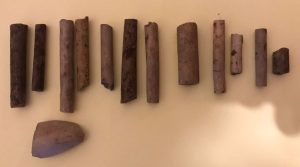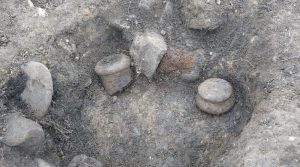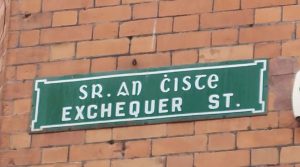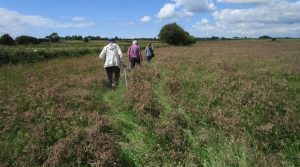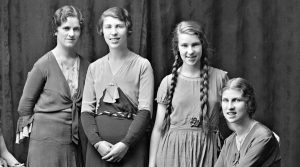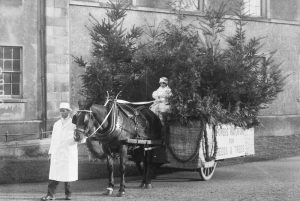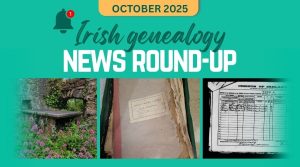As anticipation builds for the release of the 1926 census in April next year, Accredited Genealogists Ireland has published the second in its series of census guides, with the latest instalment taking a closer look at the 1901 census.
A new guide to Ireland’s 1901 census, published by Accredited Genealogists Ireland (AGI), introduces family historians to one of the country’s most important historical record collections.
Sign up to our newsletter
The 1901 census is the earliest surviving complete census for the whole island of Ireland. With earlier census records having been lost in the 1922 Public Record Office fire or destroyed by government order after their data had been mined for statistics, the 1901 returns provide a unique snapshot of life in Ireland at the dawn of the 20th century.

Taken on 31 March 1901, the census recorded every person present in each household in Ireland on that night. Form A listed every individual and their details, while Form B1 recorded information about the house, including the number of rooms, windows and the type of roof, and Form B2 gave the number of outbuildings, distinguishing between stables, dairies, piggeries and so on. Form N grouped households by townland or street, offering a broader community-wide perspective. Together, these forms paint a vivid picture of daily life in all parts of Ireland.
This pre-Independence record collection captures vital information not only about Ireland’s Irish-born population under British rule, but also about individuals from Britain, Europe and further afield who were living in Ireland at the time. For family historians, it is an indispensable source for reconstructing households, tracing migration patterns and exploring the social fabric of early 20th-century Ireland.
A D V E R T I S E M E N T
AGI’s newest publication, “1901 Census of Ireland: a guide for family history researchers”, sets out what you can expect to find, from names, ages, occupations and marital status to religion, literacy, Irish language ability and details about housing conditions. The guide also notes one particularly memorable detail: the oldest person recorded in the 1901 census was John McDonough of Co. Galway, who claimed to be 122 years old. While almost certainly an exaggeration, it’s a reminder that ages were often self-reported and not known.
Michael Walsh, President of AGI, said:
“The 1901 census is often the cornerstone for anyone tracing Irish ancestry. It fills the critical void left by earlier lost records and captures how people lived in Ireland’s final years before Independence.”
The guide is available to download free of charge here. The 1901 census can be searched online for free on the National Archives of Ireland website here.
>>> YOU MIGHT ALSO LIKE: Navigating the new system for Irish census records launched by the National Archives
This is the second instalment in AGI’s planned series on Irish censuses, to be released in the lead-up to the 1926 census release on 18 April 2026. These easy-to-follow guides aim to help researchers navigate Ireland’s complex census challenges.
A F F I L I A T E A D

AGI’s first guide in the series, “Introduction to the Irish census: a guide for family history researchers”, provides an overview of Ireland’s censuses from 1813 to 1926. It too is available for free download here.
>>> YOU MIGHT ALSO LIKE: Expert guide to Irish census records available for free download ahead of 1926 census release
Please help support
Irish Heritage News
A small independent start-up in West Cork
Give as little as €2
Thank You
What is AGI?
Accredited Genealogists Ireland (AGI) is the accrediting and representative body for professional genealogists on the island of Ireland. Its members, who carry out private research for clients worldwide, are recognized as leading experts in the field and contribute widely as advocates, authors, lecturers and media contributors within the genealogical community. All adhere to the AGI code of practice. For further information, visit their website accreditedgenealogists.ie.
Advertising Disclaimer: This article contains affiliate links. Irish Heritage News is an affiliate of FindMyPast. We may earn commissions from qualifying purchases – this does not affect the amount you pay for your purchase.
READ NOW
➤ AGI releases more free guides to Ireland’s censuses
➤ CSO releases 1926 census data on occupations
➤ A closer look at the public programme for the 1926 census release
➤ What the census tells us about Ireland’s first president, Douglas Hyde
➤ Navigating the new system for Irish census records launched by the National Archives
A D V E R T I S E M E N T

